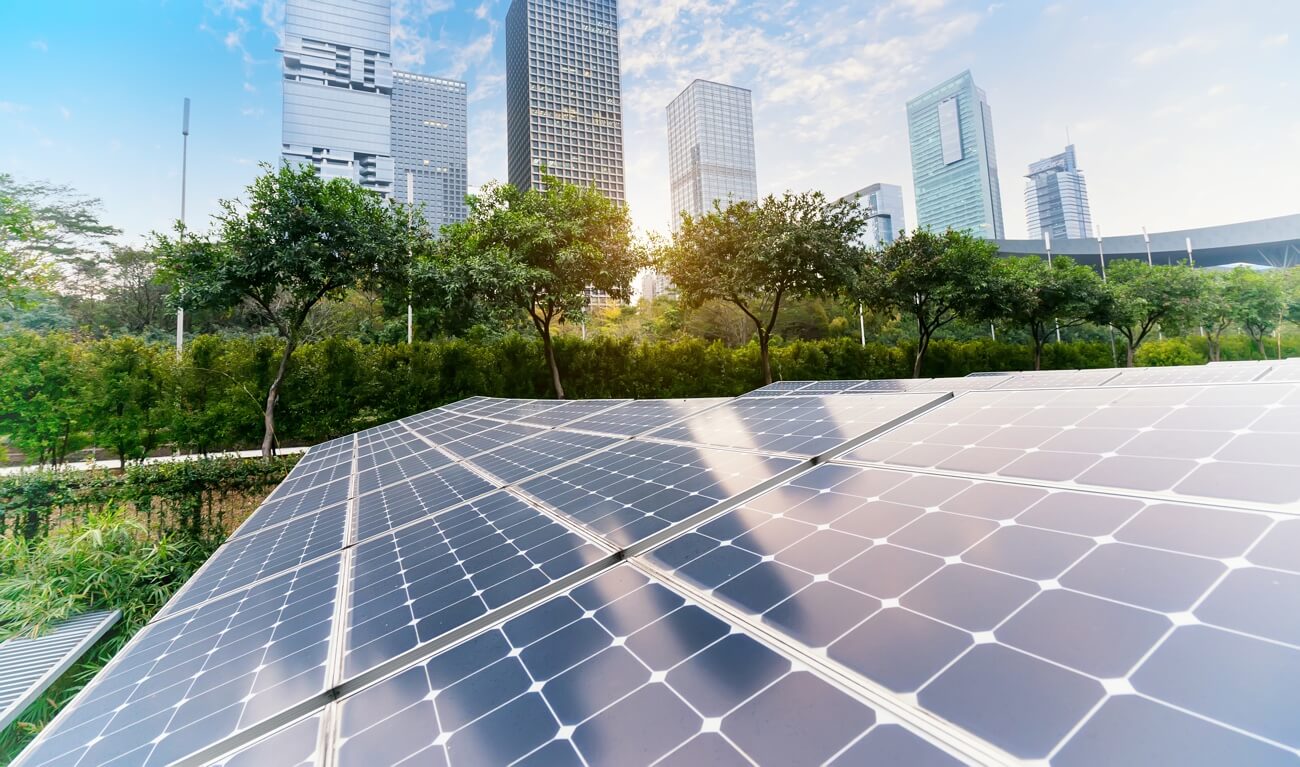This article is the complete guide to 2024solar leasing. The rising demand for renewable energy solutions brings solar leasing to the forefront for homeowners and businesses. This guide explores everything you need to know about solar lease programs. These are a practical alternative for those preferring not to purchase solar systems outright. Through these programs, you can lease solar panels and equipment with a manageable monthly fee. Solar leasing opprotunities offer an accessible path to solar energy for those who want it. Tailored for those seeking an effortless transition to sustainable energy, solar leasing not only reduces your carbon footprint but also capitalizes on the sun’s renewable power. If you’re considering a low-commitment, environmentally conscious energy solution, our comprehensive guide on solar leasing will provide all the essential details.
Here at The Energy Professor, we want to give you the information you need to not only save money on your energy bill, but to also become more energy efficient. We hope find this post helpful! And makes it easier for you to know more about solar leasing. Be sure to also check out our one of a kind energy savings calculator!
The Energy Professor Electricity Rate Check Tool
What is a Solar Lease and How Do They Work?
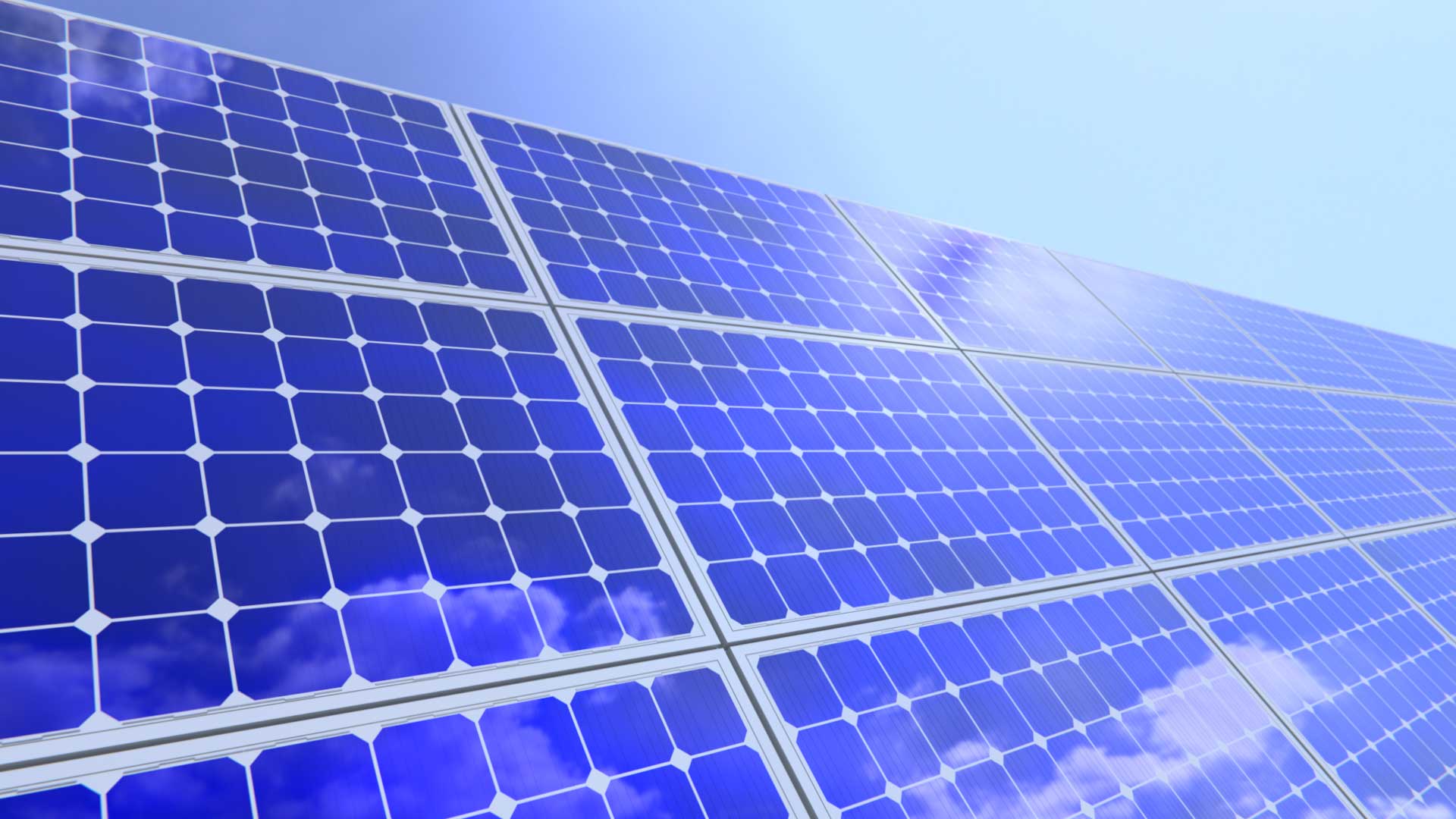
So, what is a solar lease? A solar lease is a long-term contract between a consumer and solar panel provider. Solar leasing companies lease solar panels and charge a monthly fee for the power produced by their solar panels to the consumer. That way, consumers can lease solar, but not outright have to purchase solar panels. There is typically no down payment to get started with your lease, but consumers do have to pay a fee through their utility company to get their electricity connected to the grid.
What are Important Things to Know About Solar Leasing Programs?
Here are some key points to understand about solar lease programs:
- Cost Savings: Solar lease programs offer an opportunity to save on upfront costs typically associated with purchasing a solar system. Instead of a large upfront investment, customers pay a fixed monthly fee, which is often lower than their previous electricity bills.
- Maintenance and Monitoring: Solar lease programs often include maintenance and monitoring services provided by the leasing company. This means that the company will handle system upkeep, repairs, and ensure the optimal performance of the solar panels throughout the lease period.
- Renewable Energy Benefits: By participating in a solar lease program, customers contribute to the adoption of renewable energy. Solar energy helps reduce reliance on fossil fuels, lower carbon emissions, and contribute to a more sustainable future.
- Ownership and System Performance: In a solar lease, the leasing company typically retains ownership of the solar system. This means that they are responsible for any warranties, permits, and system upgrades. However, the customer still benefits from the electricity generated by the solar panels.
- Lease Terms and Agreement: Solar lease programs involve signing a lease agreement with the leasing company, outlining the terms, duration, and payment structure. It is important to carefully review the agreement, including details about lease duration, monthly payments, potential escalations, and any buyout options.
- Eligibility and Site Assessment: Solar lease programs require a site assessment to determine if a property is suitable for solar installation. Factors such as roof condition, shading, and available space will be evaluated to ensure optimal system performance.
- Considerations and Flexibility: While solar lease programs offer cost savings and convenience, it is important to consider factors such as lease duration, potential changes in energy needs, and transferability in case of property sale.
How Does Leasing Solar Panels Work?
How does a solar lease work? Just like leasing a vehicle, solar leasing is an option for consumers to have solar panels, but they don’t own them. Therefore, you can still have most of the benefits of solar panels but without liability for damage, repairs or upkeep. It is a convenient option if you’re looking to explore going green, but don’t have the financial means to fully purchase the panels.
You will sign a contract that has a payment plan for your solar panels, which also includes upkeep and maintenance.
Solar Leasing Programs vs Solar Power Purchase Agreement (PPA)
Both solar leasing programs and solar power purchase agreements are ways that consumers can have solar panels, but not own them. A solar lease will have a more fixed monthly rate, no matter how much energy their solar panels generate. In a PPA, or Solar Power Purchase Agreement, consumers pay for the electricity generated by the solar panels per kilowatt-hour of energy.
Related Post: Complete Guide to Solar Power Pros and Cons
What are the Typical Terms of a Solar Lease Agreement?
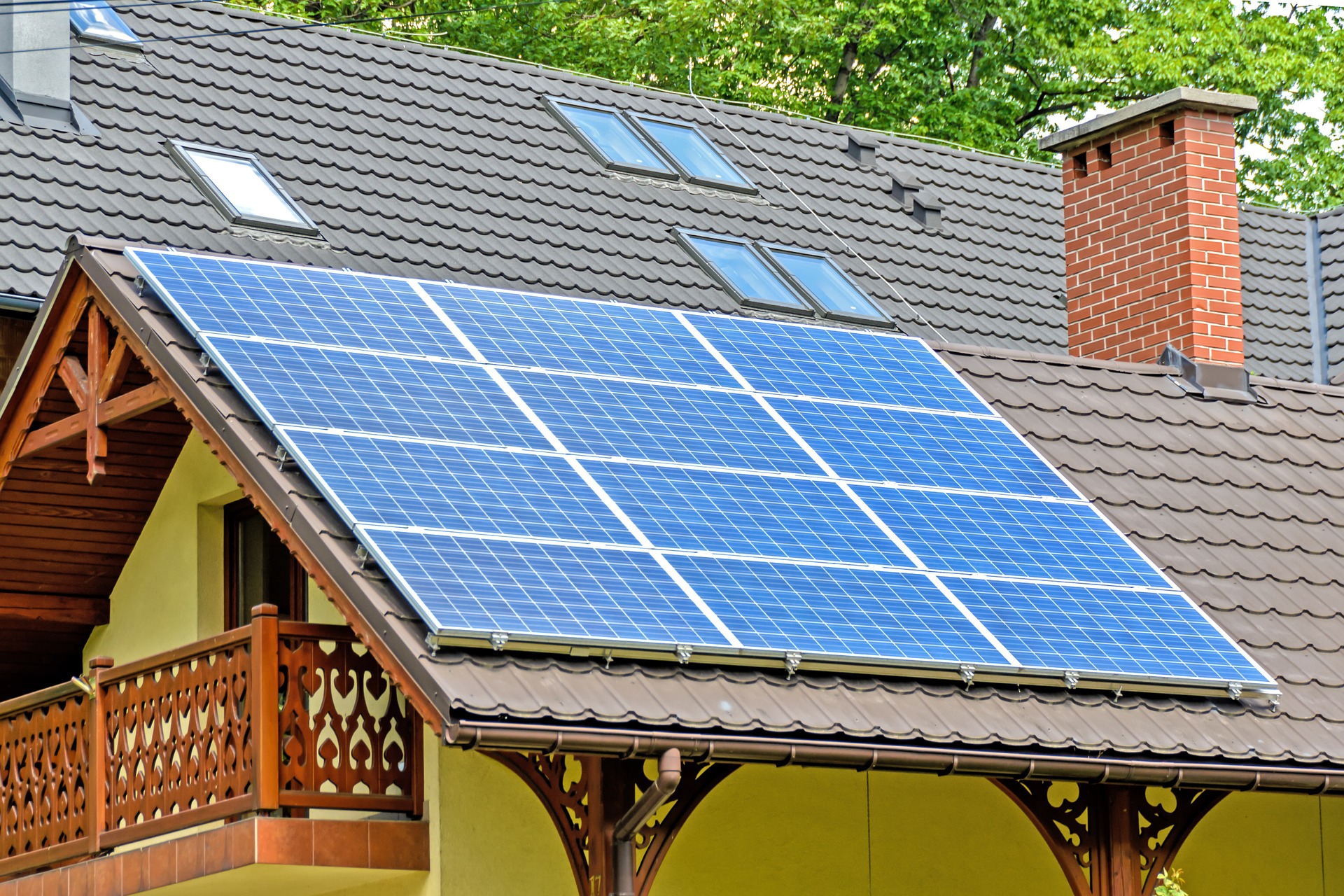
Solar panel leasing, much like car leasing, involves specific terms and conditions that can vary significantly between companies. Generally, a solar lease spans 15 to 25 years, but the duration can be adjusted based on your contract negotiations. You’ll agree on a monthly rate for using the panels, often accompanied by an annual payment increase (escalator) to offset energy cost inflation. It’s crucial to thoroughly comprehend the terms of your solar lease agreement, ensuring you’re well-informed before committing to any contract.
Ending a Solar Panel Lease
There are many different reasons a consumer would want to end a solar panel contract, especially if you are moving into a new home. There should be terms to ending your solar contract before you sign it, so make sure you are familiar with them before you sign the papers. The easiest way to end a solar lease is if you sell your house and then the new owners transfer the lease to the new owners.
While 25 years for a lease is rather long, when your term comes to an end you can expect a few different things to happen. One, you can resign the lease or terminate the contract. If you choose to end and not renew, the solar leasing company will remove the panels from your home. Some solar companies even offer for the consumers to purchase the panels for a discounted rate.
How Much is a Solar Lease Per Month?
- $50 to $200
On average, solar lease payments can range from around $50 to $200 per month. Keep in mind that this is just an estimate and the actual cost may be higher or lower based on the factors mentioned above. Some companies may offer fixed monthly payments throughout the lease term, while others may have payment structures that include escalations over time.
It’s important to request quotes from multiple solar leasing companies to compare their offers and find the one that best suits your needs and budget. Additionally, consider factors like the length of the lease, potential escalations, and any additional fees or charges that may be associated with the lease agreement.
Related Post: What are Wind Energy Pros and Cons?
What are the Pros and Cons to Solar Leasing 2024?
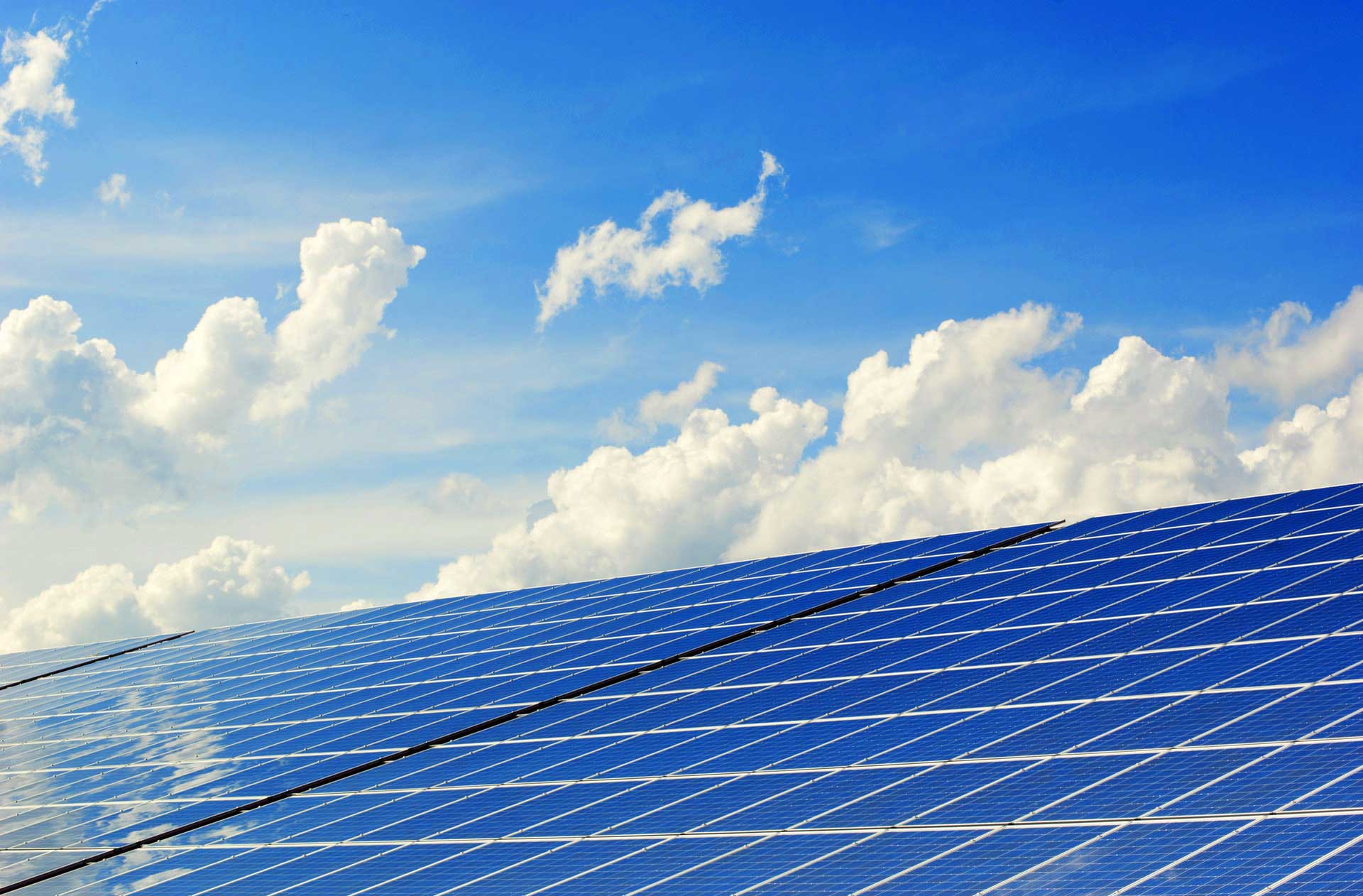
What are the pros of leasing solar panels?
- Forgo upfront costs of installing solar panels
- Fixed monthly costs for energy
- Hassle-free installment and paperwork
- Maintenance free equipment
- Energy savings
- Reduces your carbon footprint
What is the downside of leasing solar panels?
- No federal tax incentives for having solar panels
- Poorly maintained solar panels
- At the end of the lease, you could end up paying much more than outright purchasing panels
- Breaking a solar lease can be a headache
- Leasing solar has no value to your home and can cause issues when selling
Related Post: Complete Guide on Solar Advantages and Disadvantages
Is Leasing Solar Panels Worth It?
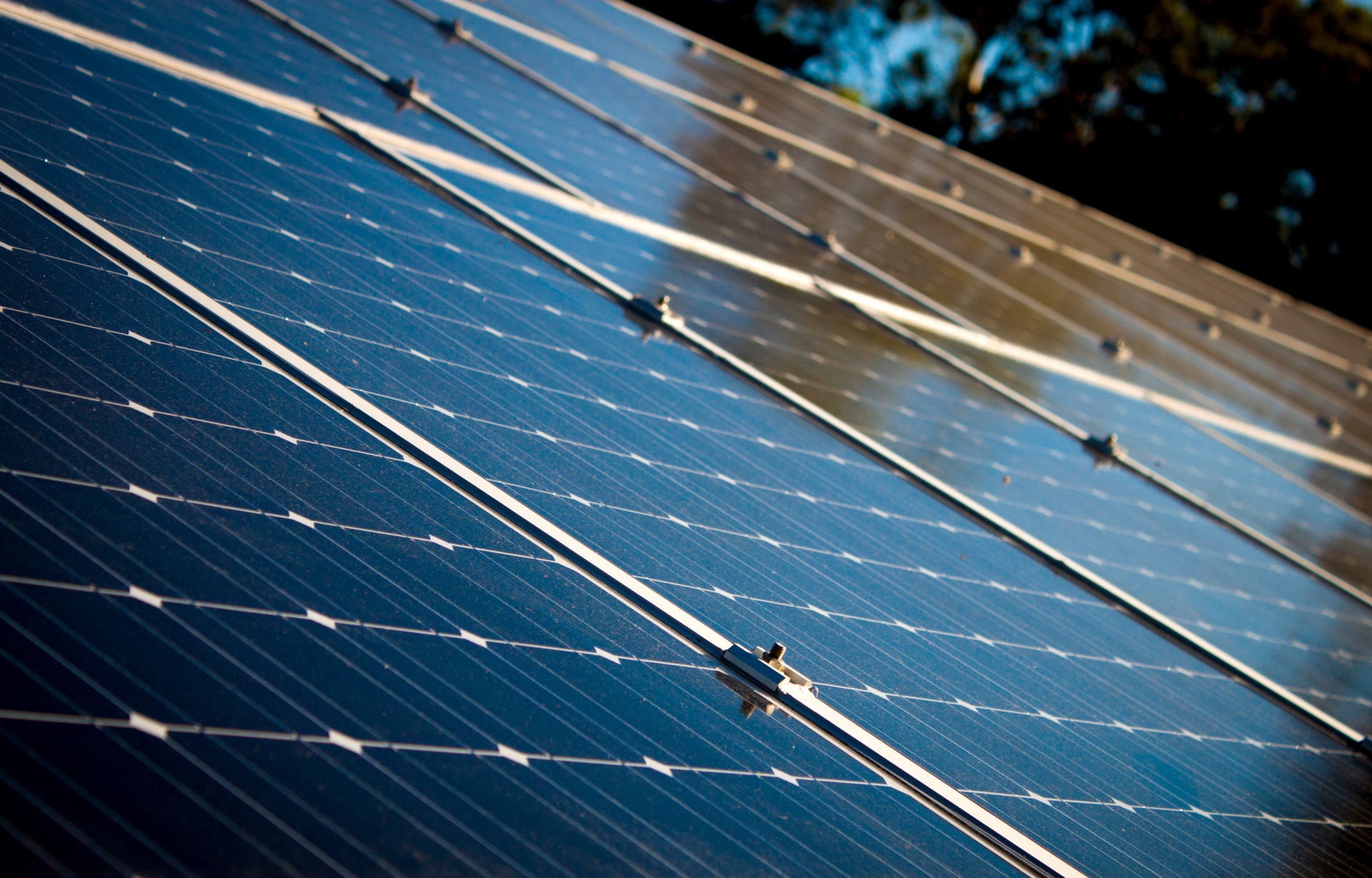
While solar panel lease agreements offer appealing perks like minimal upfront costs and no maintenance responsibilities, they come with notable drawbacks. Over time, leasing can be more expensive than owning, as you miss out on financial benefits like federal tax credits, state rebates, and Solar Renewable Energy Credits reserved for owners. Moreover, being tied to a long-term lease means potential issues with maintenance or performance can leave you bound to your provider for up to 20 years, making it challenging to address problems or switch companies. Ultimately, purchasing and owning your solar panels often yields greater savings and a better return on investment, despite the initial cost.
Leasing Solar Panels vs Buying Solar Panels 2024
Even 10 years ago, solar leasing would have been the best option due to the high pricing of solar equipment. Solar costs are exponentially cheaper than they used to be, making purchasing solar panels much more feasible for average consumers. Buying solar panels outright in cash is the best option for benefits and savings when it comes to going solar. Actually owning the solar panels on your home also increases property value, which is a major financial benefit.
The only real downside of owning solar panels is that you are responsible 100% for all damage and upkeep of the panels. If you aren’t experienced that can be a huge headache and cost quite a bit if there is an emergency.
Can You Break a Solar Lease?
Before you sign your solar lease, make sure you read it carefully. Many solar leasing providers include a buyout price or some opportunity to back out at the fair market value. Some solar contracts do not allow you to backout until 5 or 7 years has passed though, so keep that in mind.
Related Post: How Much Electricity Does a Space Heater Use?
Solar Leasing FAQ

Q: How does a solar lease differ from a solar loan?
A: A solar lease allows you to use solar panels for a monthly fee without owning them, whereas a solar loan is financing to purchase your own panels. With a lease, you don’t benefit from tax credits or rebates, while a loan enables you to own the panels and claim these benefits.
Q: Can I upgrade or add more panels to my leased solar system?
A: It depends on your lease agreement. Some providers may allow upgrades or additions, but it’s important to check your contract’s terms and discuss options with your solar provider.
Q: Are there any termination fees if I want to end my solar lease early?
A: Yes, most solar leases include termination fees to compensate for the early end of the contract. The exact amount can vary, so it’s crucial to understand these terms before signing the lease.
Q: Will I still receive an electricity bill if I have leased solar panels?
A: Yes, you’ll likely receive a reduced electricity bill, as the solar panels can cover a portion of your energy use. However, if your panels don’t generate enough energy to meet your total usage, you’ll need to purchase additional electricity from the grid.
If you’re also in a deregulated energy state, make sure to do comparisons with our Electricity Rate Check Tool to see how much money you can save by switching your provider.
Do you Need Cheaper Electricity?
If you’ve taken the time to understand the information on your bill and discovered you’re paying more than you’d like for your electricity, have you looked around for a cheaper deal? The Energy Professor has a wealth of information on ways to save on your utilities, including details of top deals that could significantly reduce your monthly or quarterly electricity bills.
We hope you found this article helpful! If you are looking for ways to increase the energy efficiency and sustainability in your home be sure to take a look at all of the latest renewable energy options in your area. The Energy Professor helps residential and small business owners find qualified energy suppliers in New York, New Jersey, Pennsylvania, Texas, Ohio, Maryland, Illinois, and Massachusetts

